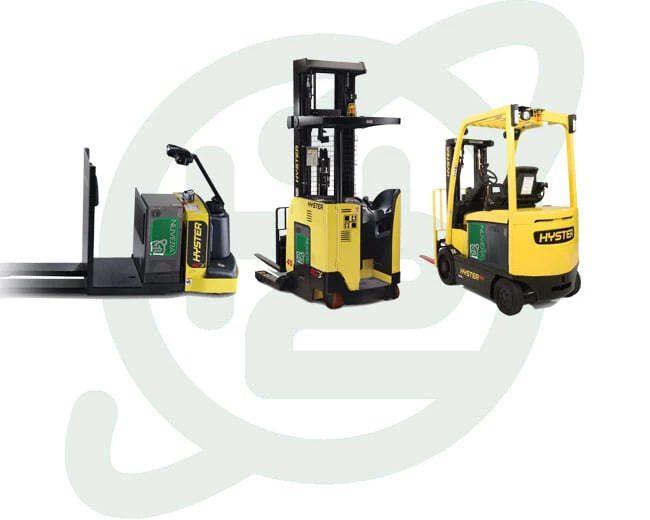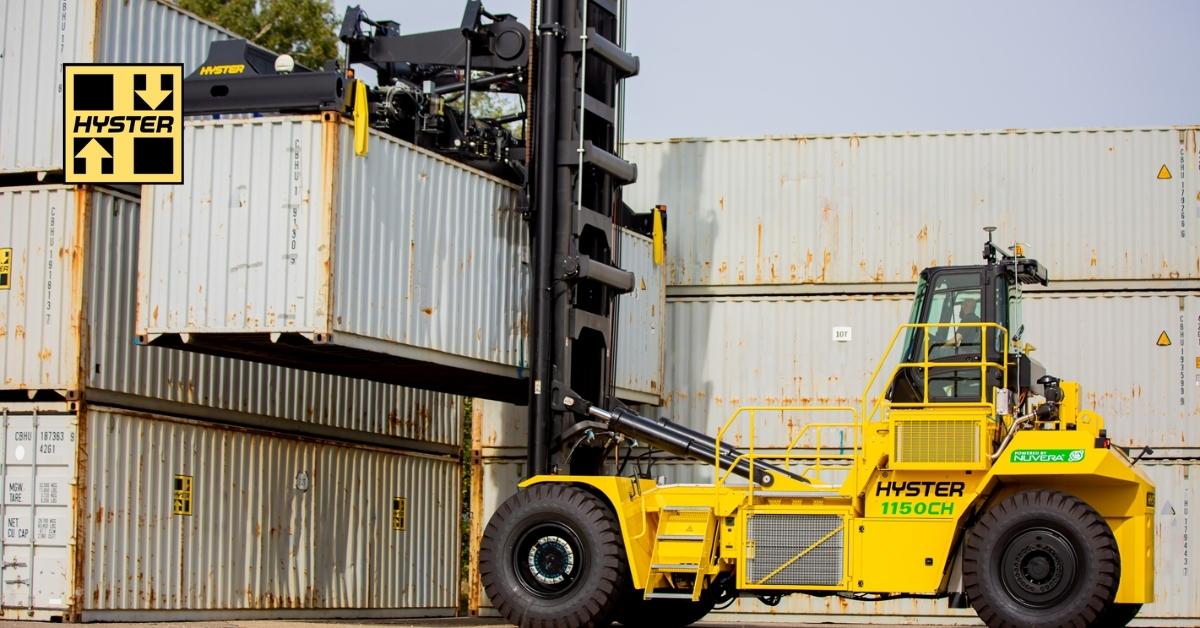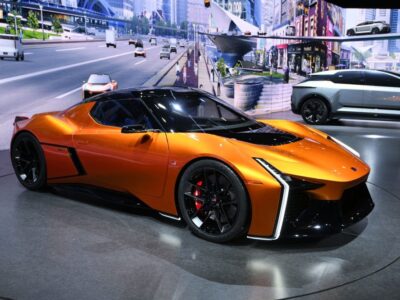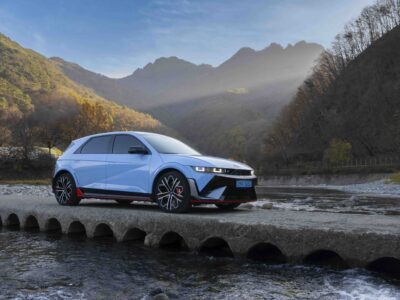Portland, OR’s lift-truck company Hyster is aiming to change forklift operations for good. It says it has created the world’s first hydrogen fuel cell-powered container handler, a special forklift used to lift heavy shipping containers and stack them once emptied.
By transforming a traditional forklift’s mechanics to hydrogen fuel cells, the company has essentially turned a fossil-fuel guzzling system into a zero-emission sustainable one, with the same benefits as battery electric vehicles. Hyster began testing the container handler at Fenix Marine Services at the Port of Los Angeles in late 2022.

Photo Courtesy Hyster
“Our mission is to provide the innovative technologies our customers need to help meet their goals for emissions reduction and performance,”Jan Willem van den Brand, Hyster’s director of Global Market Development for big trucks, said in a statement. “For some operations, lithium-ion power might be the answer, but for others, hydrogen is the right choice.”
“The answer depends on so many factors like duty cycle, utility grid capacity, and fuel availability,” van den Brand continued. “Our customers deserve choices that allow them to build the right solution based on their needs — not shoehorning a single technology into their operation.”
The new technology is a partnership with Nuvera, which makes fuel cell engines for heavy-duty vehicles. The new forklift truck is based on Hyster’s container handler design with the addition of two 45-kilowatt Nuvera hydrogen fuel cells. They power an onboard lithium-ion battery which either powers the truck directly or charges its battery.
Hyster said that refueling the system is expected to take 15 minutes, and after one refueling, the truck will run continuously for up to 10 hours. The battery continues to capture regenerated energy over and over from the vehicle, significantly reducing the amount of fuel required.
Nuvera’s E-Series Full Cell Engines are designed specifically to help port authorities and terminal operators worldwide make greener ports.
As emission mandates expand and tighten, the high-productivity, zero-emission fuel cells are key to updating shipping, rail, and trucking operations.
“Hydrogen-powered vehicles are able to meet the intensive duty cycles and load-lifting requirements associated with port operations,” Lucien Robroek, Nuvera CEO, said in a statement. “We are honored to have our hydrogen fuel cells used as the power source for Hyster’s container handler in this first-of-its-kind pilot at one of the world’s busiest ports and look forward to seeing it in daily use at the Fenix container terminal.”

Photo Courtesy Hyster
Additionally, Hyster and Nuvera are working with emissions-reducing forklifts with load capacities of up to 36,000 pounds. They have also been testing various handlers at the Port of Valencia, Spain, and at the Hamburger Hafen und Logistik AG container terminal in Hamburg, Germany.
The container handler innovation is part of Hyster’s mission to reduce emissions across numerous industries by providing innovative technologies to help customers meet their goals. A 2018 California Climates Investments grant from the California Air Resources Board helped develop the technology. The statewide initiative is designed to strengthen the economy, improve public health, and benefit disadvantaged communities and low-income households while reducing greenhouse gas emissions.





